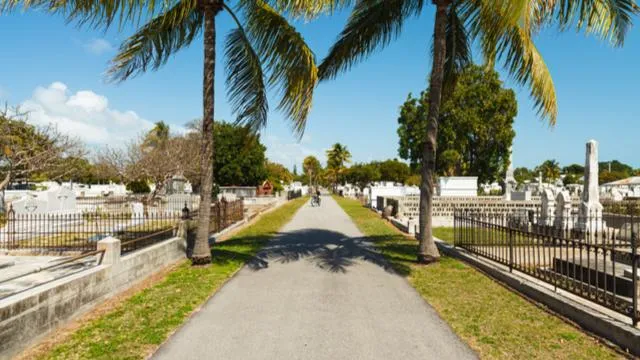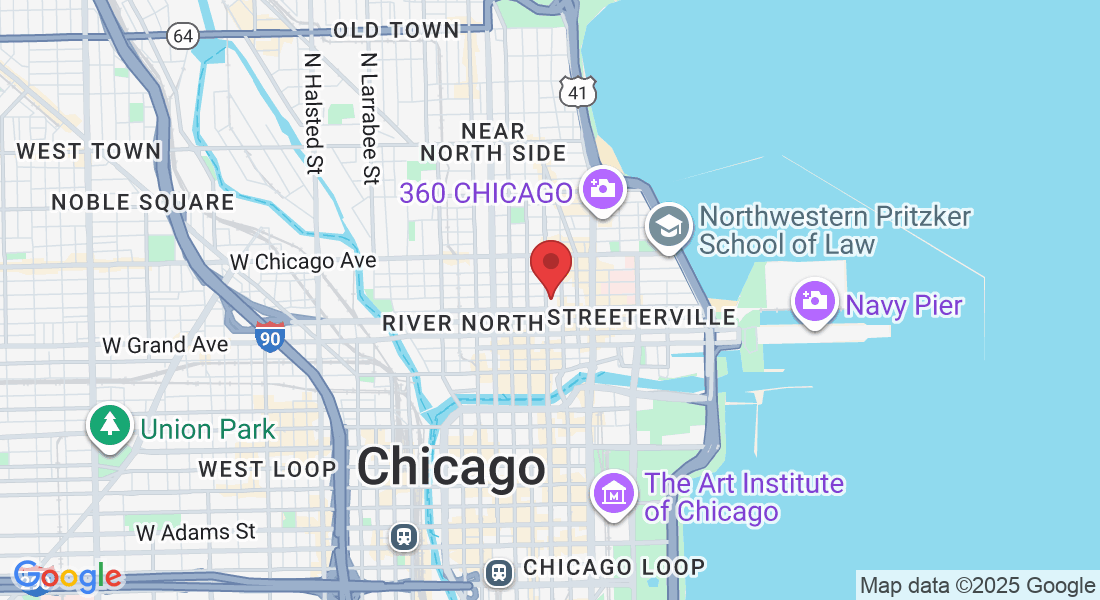
Cremation & Burial Insurance Florida: A Comprehensive Guide
Making final plans can be a challenging, complicated, and overwhelming process. We are here to simplify things with our Ultimate Guide For Cremation & Burial Insurance in Florida!
To ensure your loved ones are taken care of and to provide peace of mind after your passing, this book will cover all the fundamentals you need to know about cremation and burial insurance.
Funeral Costs in Florida
In Florida, the average cost of a funeral is about $6,000. Even while there is assistance available, if you or a loved one passes away without making arrangements for final expenses, they may find themselves unable to pay for escalating funeral prices.
Funeral insurance can be purchased in advance to prevent any outstanding bills from burdening surviving family members. If given money in advance, it might, however, simply wipe off all outstanding debt from life.
Although final expense insurance is the same in all 50 states, Florida has a few special regulations.
This article will explain how DiabeticInsuranceSolutions.com may provide your family with a cost-effective burial policy when you pass away, preventing any unpleasant surprises.
Include the measures that should be taken as well as the start date for funeral planning!
What Are 6 Items Outlined By The Funeral Rule
Every state must abide by the Federal Trade Commission’s (FTC) stringent funeral home regulations.
The following are some examples of FTC guidance:
Pricing: Agents must provide pricing quotes over the phone upon request and provide a general price list in person as well;
Costing and billing information for caskets should be listed, along with the types of caskets or coffins that are offered at various pricing points and their delivery locations;
When relevant, the burial container price list could refer to anything, such as whether someone wants granite spread out in front of their grave rather of an urn kept inside a vault.
Contracts between funeral directors and end-users must specify an itemized list of fees as well as a deadline for payment, after which legal action may be taken if no agreement is reached between the parties.

Cremation and Burial Information in Florida
In the event of death, each state has its own laws on how to deal with bodies and certificates. These range from cremation all the way down to embalming, which can be done at your request or at the family’s discretion if a funeral director deems it essential.
It’s critical to be aware of these rules in advance to avoid any serious difficulties during such a sensitive time in one’s life.
What are the Requirements for Death Certificates in Florida
In Florida, the doctor or funeral director must submit a death certificate within five days of learning that a person has passed away.
If there are any additional religious requirements that would prevent such operations from occurring immediately after burial, it does not apply; this step takes place before they can bury someone in their grave and cremate them for cremation purposes only.
Can you have a Viewing Without Embalming

With limited exceptions for military funerals in certain circumstances and government personnel who die while serving their country overseas, a body must be refrigerated if the burial or cremation will not take place within 24 hours of death.
Embalming is not required by Florida law.
Florida Direct Cremation Laws
In Florida, cremation might be challenging. There are many laws and rules to remember, but fortunately we’ve outlined all you need for hassle-free cremations for seniors right here!
The first step is deciding whether an urn or a concrete scattering box will hold your ashes. If the former is true, no 48-hour waiting period is necessary before burning can begin.
However, you are not allowed to disperse someone’s remains anywhere on land without the landowner’s and that person’s consent.
Cost Of Cremation In Florida

In Florida, funeral costs may exceed $7,000.
Traditional funerals typically cost between $5 and $6 thousand, though this can change depending on your needs and preferences.
Additionally, depending on region, the cost of the services provided (product) may be higher or lower than that of the majority of funeral homes in the area.
When someone passes away in Florida, it helps to have a checklist so that you and your family know what needs to be done while going through a very trying period.
Does Florida help with Funeral Expenses
Make sure your loved ones are aware of how and when you intend to benefit them with the proceeds from your final expense life insurance. You may want a will too!
Having these things taken care of in advance relieves stress on everyone concerned with making difficult decisions during such an emotional moment after losing a loved one when it comes to paying last bills like funeral charges in Florida, which can be pricey.
Burial Insurance Florida
Planning for the inevitable should be a priority in life. Everyone should consider their own final intentions and make appropriate plans.
Additionally, make sure they are protected by insurance that will cover final costs if something were to happen, or write down what those bills might be in advance so there is no doubt as to who is in charge of them later on when someone else claims your property as their own.
Term life insurance plan that offers short-term protection. It is less expensive and simpler to obtain than other sorts, but because each term has a predetermined expiration date, you must purchase another one if your current plan hasn’t yet run out or risk losing the limited protection it provides in case something happens in the interval between renewals. The negative? They only last a few time before needing to be renewed at higher prices, and who knows how much worse things will be by then!
Whole Life Insurance No matter what occurs during the course of that time, whole life insurance remains in effect: Since their premiums never increase or drop owing to illness, not even death can touch them!
Final Expense Insurance – Florida families that are concerned about paying for final costs should take into account burial insurance. Loanable cash value grows with permanent life insurance. Similar to whole life insurance, this coverage lasts until your death and payments are made based on your age or sex without the need for medical costs or examinations.
What about Government Funeral Assistance in Florida
One-time Social Security death benefits are provided by the federal government. This benefit, which entails a one-time payment of $255 to eligible deceased individuals’ spouses and dependent children, is available.
The state also offers certain help programmes if no other source supplies the money needed for funeral expenditures – check out these victim services at Florida’s Division of Victim Services!
What is the Average Cost of Cremation and Burial Insurance in Florida
Your monthly benefits package, if you are between the ages of 50 and 85, will be worth roughly $20 to $180 per month for a final expense policy with $8 to $20,000 in it.
Please be aware that the precise price depends on your age, gender, chosen level of coverage, and your health status.

What are the Leading Causes of Death in Florida: What You Need To Know
People pass away in Florida in a variety of ways. In all of the counties in the state, accidents are the leading cause of death, with suicide cases exceeding the national rate.
Accidents
Cancer
Heart Condition
Strokes
Alzheimers/Dementia
Diabeties
Suicide
Long-Term Liver Disease
kidney failure or illness
breathing disorders
Is a Medical Exam Required for Florida Cremation and Burial Insurance?
It can be intimidating to think about an insured, healthy person paying insurance premiums. Be at ease, though! No physical examination is needed. Just answer a few brief health-related questions, and you’re good to go.
Electronic health records are being used by insurance companies to determine a person’s eligibility. Final Expense Plans no longer require any physical examinations.
Will Burial Insurance Cover People with Medical Conditions in Florida
A fantastic approach to safeguard the future of your family is through life insurance. People with impairments or chronic illnesses, particularly those who have long-term medical issues like diabetes or high blood pressure, may find it simpler to get approved swiftly with soft underwriting requirements.
The coverage amount you select and the kind of product you are eligible for will determine how much you pay for this kind of policy.
What Does Burial Insurance cover?
In addition to being fixed, burial premiums don’t change no matter how well you get along. The coffin, burial service, visitation/viewing, hearse, grave digging and filling, cemetery plot, grave vault or grave liner, minister, monument, flowers, and other funeral-related costs are all covered under a final expense insurance. We can assist you in locating the best final expense insurance.
What is a 14 Day Free Look Period
In Florida, you have 14 days to renounce any burial insurance policy without incurring any fees.
If you decide to cancel after the 14-day free look-up time has passed, you may do so, but the insurance provider is not required to repay any premiums you have already paid.
How Do You Get a Burial Policy In Florida

Insurance for burial is always a smart move. Before buying anything, Floridians should make sure they’re obtaining it from the correct insurance firm and have done enough research.
In general, this just makes sense for everyone no matter where you reside or what kind of funeral insurance plans are made with your family ahead of time!
The knowledgeable professionals at DiabeticInsuranceSolutions.com can assist you in achieving your objectives of shielding your loved ones from this financial burden.
The best method to be ready for the death of a loved one is to purchase a policy with the appropriate level of coverage and monthly cost that you can manage.
Conclusion
The choice of whether to acquire insurance for burial or cremation is crucial. It will aid in your future planning and, in the event of a loss, can shield your family from debt.
We hope that this guide has provided you with some useful knowledge regarding the operation of these insurance policies as well as the elements that are most beneficial when choosing the best policy for your requirements.
Please forward this article to family members and friends who may be considering buying life insurance if you found it to be helpful.
You never know when they might need the security that their current choice in funeral-related coverage would have offered.
Have any inquiries? Call us at (855) 468-8900 at any time to get in contact.



